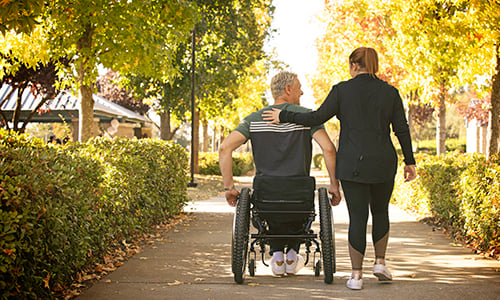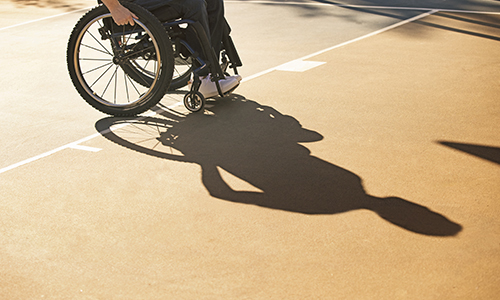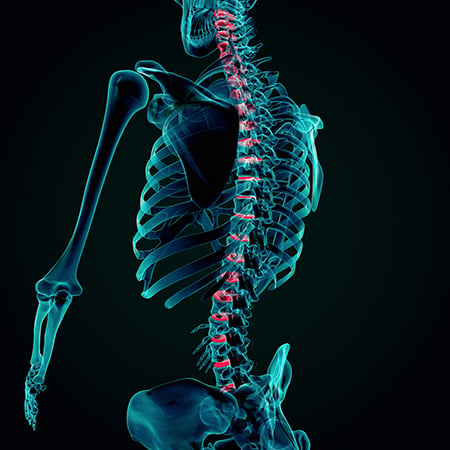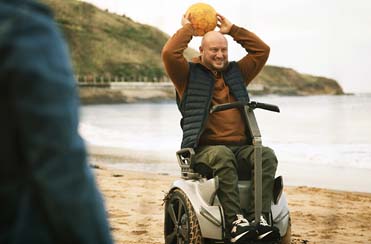There is no question your life will change after a spinal cord injury. Knowing what to expect will help you not only prepare for these changes, but help you manage them.
Each year there are between 11,000 and 12,500 new cases of spinal cord injury. If you are one of them, it’s likely you are overwhelmed with an avalanche of information from doctors, loved ones and caregivers. But the question you would most like answered: “What will my life look like with an SCI?”, is one not even a doctor can answer with complete certainty.
Truth is, spinal cord injuries, and how individuals respond to them, are unpredictable. Some survivors with catastrophic injuries suddenly regain the ability to walk. Others undergo years of therapy before moving a finger. One common theme, though, is survivors who work hard, embrace healthy living and never give up tend to have better outcomes. It starts with a more thorough understanding of your injury and its effect on the body and mind.
In spinal cord injuries, location matters.
The location of injury on the spinal column plays a huge role in determining the seriousness and level of disability one may experience. Cervical spinal cord injuries, or those occurring near the neck, are the most severe, often resulting in quadriplegia. As injuries move down the spine, they generally become less life-threatening and less likely to permanently rob you of movement. Likewise, whether your spinal cord injury is complete, in which the spinal cord is severed or fully compressed; or incomplete, where the spinal cord is not fully compressed; will determine your level of recovery.
Expect changes in your physical capabilities.
Most people associate spinal cord injury with its most sever symptom: paralysis. But there is a whole range of physical symptoms you may experience, depending on the location and nature of your injury. These include but are not limited to: difficulty controlling bladder or bowels; difficulty with sexual function, arousal and fertility; pain and/or phantom pain at the site of the injury; tingling sensations; gastrointestinal issues; and difficulty breathing without assistance.
You may experience mental / emotional health issues.
The mind and the body are not separate entities. And often, what affects one, affects the other. The same can be said of spinal cord injuries. The new challenges of life with this type of injury can lead to depression, anxiety. Even medication taken to assist you in your condition can change the way your brain processes certain neurotransmitters, making you more vulnerable to mental illness. It is for these reasons that emotional and psychological support groups are so very important to maintaining your mental health.
You may become more vulnerable to other health conditions.
The number one cause of death following a spinal cord injury is respiratory infections that turn into pneumonia. But you may also find yourself more susceptible to skin infections, obesity and other more serious health issues as a result of your spinal cord injury and the effect it has on your body and organs.
The world around you will change, too.
It is unfortunate, but it’s true: people with spinal cord injuries often face some form of discrimination, whether that be housing, employment, or education. And while the world may look at you differently, remember that you have every right to be treated the same way as any other would be. Knowing this and being prepared for it are a step in the right direction – but as you navigate this new life, it helps to remember you often need to be your own best advocate for yourself and your rights.









